25 Natural Probiotic Rich Foods, Fruits & Vegetables to Include in Your Diet
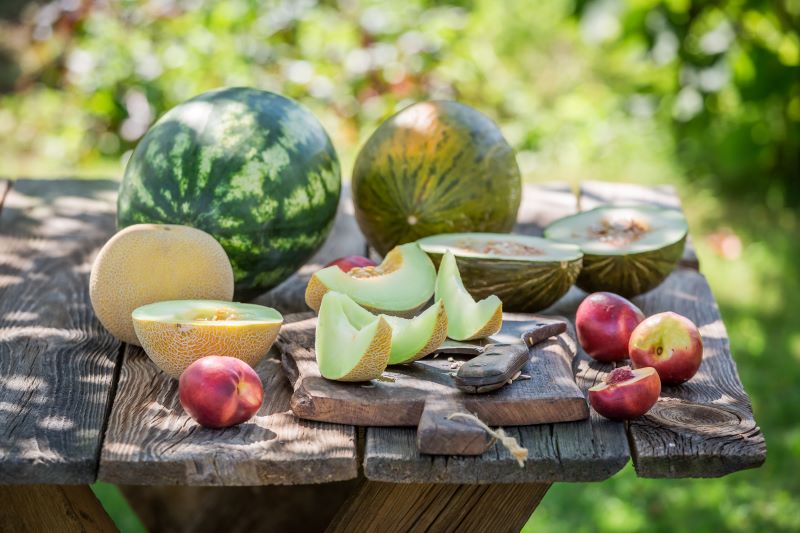
Among individuals who care for their health, natural probiotic-rich foods are gaining popularity as they are believed to help maximise well-being. These types of food contain friendly bacteria essential for balancing healthy gut microbiota, improving digestion, and strengthening the immune system.
From fermented milk products like yoghurt or kefir to non-dairy varieties such as miso soup or kimchi – there is a wide range of probiotic foods suitable for every dietary requirement. When included in one’s daily diet, these items enable people to use all the advantages of probiotics.

Table of Contents

What is Natural Probiotic?
Natural probiotics are living microorganisms that offer health benefits when consumed adequately. Unlike synthetic supplements, natural probiotics are found in certain foods that undergo fermentation, allowing beneficial bacteria to thrive. Natural probiotics work by colonising the gut and promoting a healthy balance of bacteria.
The fermentation process in natural probiotic foods breaks down sugars and starches, leading to lactic acid formation and enhanced flavour. This process boosts the food's probiotic content, which includes various strains beneficial for gut health.
What are the Sources of Natural Probiotics?
Natural probiotics can be sourced from various fermented foods that undergo a microbial transformation process. These include traditional dairy products like yoghurt and kefir, which are rich in probiotic bacteria such as lactobacillus and bifidobacterium.
Additionally, fermented vegetables like sauerkraut and kimchi offer a plant-based source of probiotics, containing strains like lactobacillus plantarum and lactobacillus kimchi. Other probiotic-rich options include fermented soy products like tempeh and miso, beverages like kombucha, and traditional fermented teas.
Top 25 Food Items High in Natural Probiotic
Natural probiotics are abundant in various foods, offering a range of options to support gut health and overall well-being. Incorporating these foods into your diet can provide diverse beneficial bacteria to promote a healthy gut microbiome.
List of Natural Probiotic Rich Vegetables
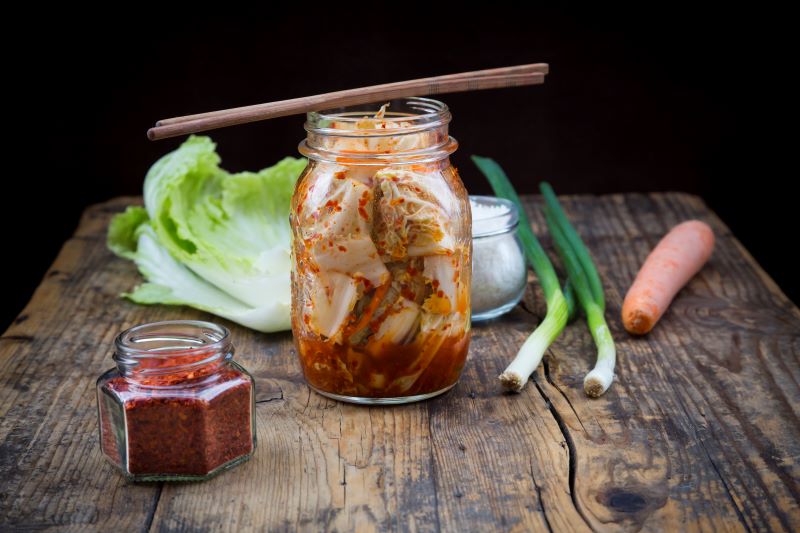
Fermented vegetables are excellent sources of natural probiotics, offering a wealth of beneficial bacteria to support gut health. In the table below, you'll find a variety of probiotic-rich vegetables along with their probiotic content per serving:
SNo. |
Vegetable | Description |
| 1 | Sauerkraut | Fermented cabbage packed with probiotics. A cup of sauerkraut contains about three billion CFUs. |
| 2 | Kimchi | Spicy fermented cabbage, carrots, and radishes provide 10 billion CFU of probiotics per 100 g. |
| 3 | Pickled Cucumber | Cucumbers fermented in brine, offering probiotics along with a crunchy texture. |
| 4 | Miso | Fermented soybean paste, commonly used in soups and sauces, is rich in probiotics and savoury flavour. |
| 5 | Tempeh | Fermented soybean cake, dense in protein and probiotics, with a nutty flavour and firm texture. |
| 6 | Natto | Fermented soybeans with a sticky texture, packed with probiotics and distinctive umami flavour. |
| 7 | Pickled Beets | Beets pickled in vinegar or brine, providing probiotics and a slightly sweet, earthy taste. |
| 8 | Pickled Radish | Radishes fermented in brine or vinegar offer probiotics and a tangy, crunchy bite. |
| 9 | Pickled Carrots | Carrots pickled in brine or vinegar, rich in probiotics and featuring a sweet and tangy flavour. |
List of Fruits Rich in Natural Probiotics
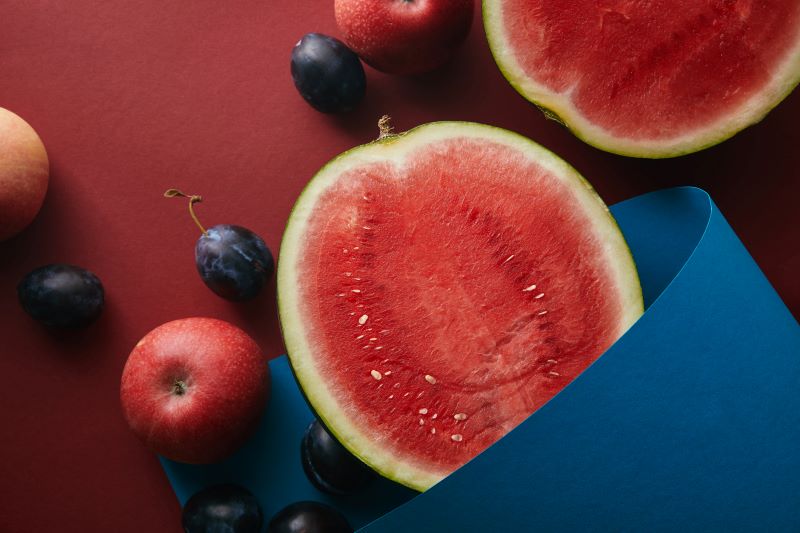
While fruits may not be as commonly associated with probiotics as vegetables, certain fruits undergo fermentation and contain beneficial bacteria. Here are some fruits high in natural probiotics:
SNo. |
Fruit | Description |
| 10 | Apple | Apples contain 100 million bacteria per 240 g, promoting gut health. |
| 11 | Watermelon | Watermelon juice contains 108 to 109 CFU per ml. |
| 12 | Custard Apple | Custard apples are a good source of fibre and antioxidants, supporting digestive health. |
| 13 | Grapefruit | Grapefruit is high in vitamin C and fibre, promoting gut health and supporting digestion. |
List of Dairy Products Containing Natural Probiotics
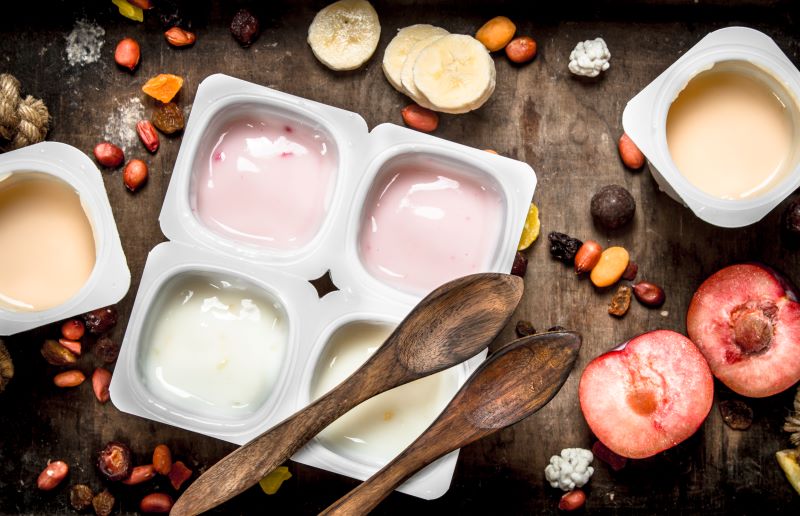
Dairy products are staple sources of probiotics, offering convenient options to incorporate into daily meals. Here are some examples of probiotic-rich cereals and dairy products:
SNo. |
Item | Description |
| 14 | Yoghurt | Yoghurt contains 90 billion to 500 billion CFU of probiotics per serving, aiding digestion. |
| 15 | Kefir | Kefir is a fermented dairy drink that contains 500 billion CFU of probiotics per cup, supporting gut health and digestion. |
| 16 | Buttermilk | Buttermilk contains probiotic bacteria that can help maintain a healthy gut flora balance. |
| 17 | Sour Cream | Sour cream contains probiotic bacteria that promote gut health and may improve digestion. |
| 18 | Cottage Cheese | Cottage cheese is a good source of probiotics, which can help maintain a healthy balance of gut bacteria. |
List of Seeds and Nuts Rich in Natural Probiotics
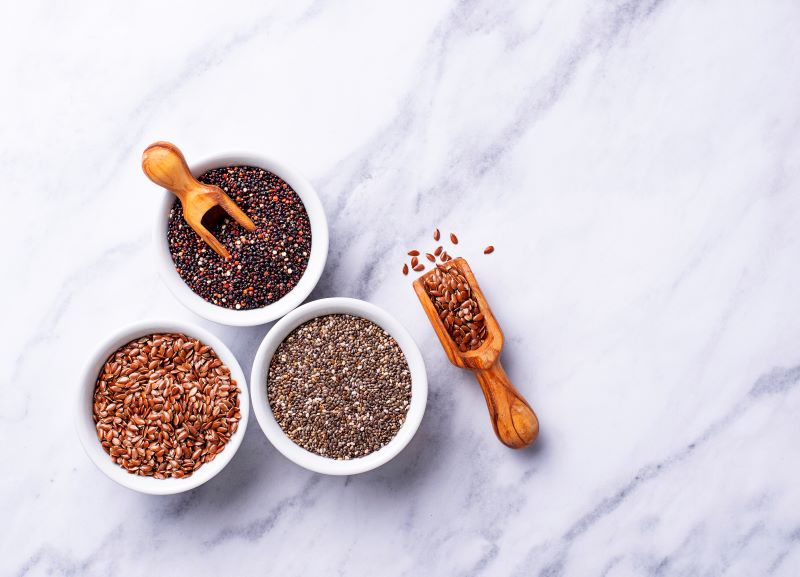
Seeds and nuts may not naturally contain probiotics, but certain varieties have probiotic content, such as:
SNo. |
Item | Description |
| 19 | Chia Seeds | Chia seeds contain probiotics that support digestive health and contribute to a healthy gut microbiome. |
| 20 | Pistachios | Pistachios are rich in probiotics, aiding digestion and overall gut health. |
| 21 | Flaxseeds | Flaxseeds are rich in probiotics, containing 3.3 billion CFU of probiotics per 100 g. |
List of Other Items Rich in Natural Probiotics

Certain items are prepared using probiotic-rich ingredients or undergo fermentation, resulting in a high probiotic content. Here are some examples of items that are naturally high in probiotics:
SNo. |
Item | Description |
| 22 | Kvass | Kvass is a traditional Slavic fermented beverage made from rye bread, rich in probiotics and antioxidants. |
| 23 | Soy Sauce | Soy sauce is a fermented condiment made from soybeans, wheat, and salt, containing beneficial probiotics. |
| 24 | Kombucha | Kombucha is a fermented tea beverage rich in probiotics, promoting gut health and offering various health benefits. |
| 25 | Turshi | Turshi is a Middle Eastern fermented vegetable dish that provides probiotics and a unique tangy flavour. |
How Much Natural Probiotic Should You Intake Daily?
For individuals in good health, incorporating 1–2 servings of probiotic-rich foods into their daily diet is typically recommended. As advised by Iwi Life, certain medical experts suggest that adults consume 10–20 billion CFUs (colony-forming units) of probiotics daily, while children may require 5–10 billion.
Nevertheless, individual probiotic needs can vary based on the specific reasons for their use. Those who have undergone significant changes to their gut microbiome may benefit from higher doses.
Stay on Track with These Health Tools
Health Benefits of Natural Probiotic Rich Foods
Integrating natural, probiotic-rich foods into your daily meals can yield many health advantages, fostering gut wellness and overall vitality. These foods are abundant in beneficial bacteria that can positively impact various facets of health.
According to the Cleveland Clinic and other renowned institutes, here are some compelling benefits that natural probiotic-rich foods offer:
- Enhanced Immune Function: A balanced gut microbiome is essential for a strong immune system, and probiotics play a crucial role in supporting immune function and preventing infections.
- Improved Digestion and Nutrient Absorption: Probiotics promote a healthy gut environment and aid in the efficient digestion and absorption of food and essential nutrients.
- Protection Against Hostile Bacteria: Probiotics compete with harmful bacteria for resources in the gut, helping to prevent the growth of pathogenic microbes and reduce the risk of infections.
- Reduced Inflammation: Probiotics have anti-inflammatory properties that can help reduce inflammation in the gut and throughout the body, lowering the risk of inflammatory conditions.
- Improved Intestinal Health: Natural probiotics contribute to a balanced gut microbiome, promoting intestinal health and reducing digestive issues such as bloating and constipation.
- Enhanced Ability to Fight Infections: Probiotics help strengthen the body's natural defences, making it more resilient against infections caused by harmful pathogens.
- Improved Bowel Movements: Probiotics can help regulate bowel movements and alleviate gastrointestinal disorders such as irritable bowel syndrome (IBS) symptoms.
- Decreased Harmful Bacteria: Consumption of probiotic-rich foods can lead to a reduction in the population of harmful bacteria in the gut, creating a healthier microbial balance.
- Enhanced Vitamin Production and Mineral Absorption: Certain strains of probiotics can produce vitamins and enhance the body's ability to absorb minerals from food, contributing to overall health and well-being.
Different Ways to Include Natural Probiotic Rich Foods in Your Diet
There are numerous delicious and convenient ways to incorporate natural probiotic-rich foods into your daily meals. Here are some simple yet effective strategies to ensure you're getting an ample supply of probiotics:
- Include Fermented Foods: Incorporate fermented foods such as yoghourt, kefir, kimchi, sauerkraut, and kombucha into your diet. These foods are naturally rich in probiotics and can be enjoyed as snacks or as part of your main meals.
- Add Probiotic Supplements: Consider taking probiotic supplements if you cannot consume enough probiotic-rich foods through your diet alone. Look for supplements containing a variety of probiotic strains and follow the recommended dosage guidelines.
- Include Prebiotic Foods: Besides probiotic-rich foods, incorporate prebiotic foods into your diet to nourish the beneficial bacteria in your gut. Examples of prebiotic foods include onions, garlic, bananas, asparagus, and whole grains.
- Try Homemade Fermented Foods: Experiment with making your fermented foods at home, such as homemade yoghurt, fermented vegetables, or sourdough bread. This lets you control the ingredients and fermentation process, ensuring maximum probiotic benefits.
- Experiment with Probiotic Recipes: Get creative in the kitchen and experiment with probiotic-rich recipes, such as smoothies with yoghurt or kefir, salads with fermented vegetables, or homemade pickles. This allows you to enjoy probiotics in diverse and delicious ways.
What are the Symptoms of Natural Probiotic Deficiency?
Natural probiotic deficiency disrupts the gut microbiome balance, causing various health issues, such as:
What are the Health Risks of Not Getting Enough Natural Probiotics?
Insufficient intake of natural probiotics can pose several health risks. Here are some potential health risks associated with not getting enough natural probiotics:
Weakened immune system and increased susceptibility to infections.
An imbalance in gut bacteria leads to inflammation and chronic diseases.
Increased risk of skin problems like acne and eczema.
Higher likelihood of mood disorders such as anxiety and depression.
Impaired nutrient absorption and deficiencies.
Elevated risk of antibiotic-associated diarrhoea.
What are the Side Effects of Excessive Natural Probiotic Intake?
While natural probiotics offer numerous health benefits, consuming them excessively can lead to certain side effects, such as:
Digestive issues such as abdominal discomfort, bloating, and diarrhoea.
An imbalance in gut bacteria leads to dysbiosis and gastrointestinal disturbances.
Exacerbation of existing digestive conditions like irritable bowel syndrome (IBS) or inflammatory bowel disease (IBD).
Potential allergic reactions or sensitivities to certain probiotic strains.
Increased risk of infection in individuals with compromised immune systems.
Should You Take a Probiotic Supplement?
Whether to take a probiotic supplement depends on individual health needs, dietary habits, and medical history. While natural probiotic-rich foods offer a source of beneficial bacteria, supplements can provide concentrated doses of specific strains. Probiotic supplements may sometimes be recommended to address specific health concerns.
However, consulting with a healthcare professional before starting any supplement regimen is crucial to ensure it aligns with your health goals and doesn't interfere with existing conditions or medications.
Incorporating natural probiotic-rich foods into your diet can improve overall gut health and well-being. These foods offer diverse beneficial bacteria that support digestion, immune function, and more.
From fermented vegetables to dairy products and beyond, plenty of delicious options exist. By making mindful choices and including various probiotic-rich foods in your meals, you can cultivate a healthy gut microbiome and promote better health for years to come.
Protect What Matters - Explore Other Insurance Options














